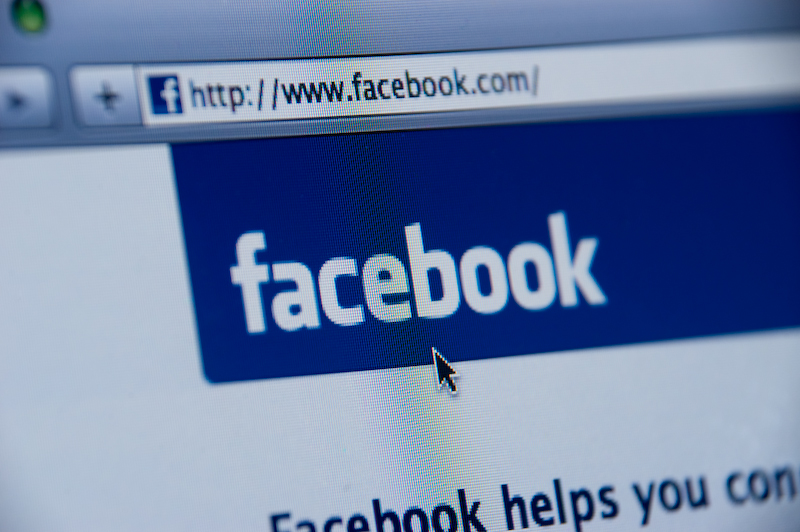Shortly after leaving secondary school, at the age of 18, I deactivated my Facebook account. I value my privacy, and I dislike the idea of having a public, online self, regulated by terms and conditions I don’t really understand. But it wasn’t until I started university that I realised just how integrated the website is into the daily fabric of modern life. From the official pages for student halls and societies, to socialising with other freshers, I found myself constantly having to explain my absence from a website that now boasts over 2 billion regular users. Understandably, I eventually gave in and reactivated my account. While I consider myself a light user of social media, I still find myself using Facebook for everything ranging from university work, societies, and maintaining long-distance friendships.
I’m not against social media as a concept – I’m grateful to live in a time of hyper-connectivity, to have access to all the world’s information from a smartphone. I would be lying, however, if I said I wasn’t concerned by just how intertwined it is with our daily routines. Large sections of the press have, over the past few weeks, been devoted to a recent data breach at Facebook, in which up to 50 million users have had their personal information stolen. Reports suggest that this information is being sold on the dark web for blackmail and identity fraud, adding up to total estimated value of up to $600 million. These figures are shocking, if not a little difficult to really comprehend. But while this hack is undeniably terrifying, it’s only a public example of the rights we voluntarily sign away and the risks we open ourselves up to each time we log in at home. We are naive to think that our data is safe online, especially when Facebook’s reach expands into a significant number of the apps we might use day-to-day, like Instagram and WhatsApp.
This year, Facebook’s founder and CEO Mark Zuckerberg has sat before both the United States’ Senate Intelligence Committee and a congressional hearing. He has been interrogated about his website’s relationship with Cambridge Analytica, implicated for its potential role in aiding Donald Trump’s 2016 presidential campaign with fake news, alongside issues of online privacy and security. Zuckerberg has offered little more than conciliatory promises to find a solution. What these interviews truly revealed, though, is our inability to sufficiently regulate, and even to simply keep up with, the ever-changing nature of internet communications. As politicians addressed Zuckerberg, it was clear that they didn’t fully understand the mechanisms of social media and online data, much like the average user. If we can’t grapple with the legal – let alone the moral – issues and obligations of social media, we’ll only continue to endanger our privacy.
In this period of ever-expanding big data and social media monopolies, I struggle with my investment in such self-endangering platforms. Perhaps in the future we’ll look back on this moment with embarrassment at how easily we sacrificed our privacy – but a change won’t happen overnight, especially as we lack safer alternatives in the present. We must continue to call for a sufficient regulatory system and greater transparency online – users shouldn’t have to compensate for Facebook’s shortcomings, after all. But until these become available, there is a genuine need to reduce our reliance on Facebook and its competitors, in both personal and professional capacities. And, at the very least, please update your passwords.
Image: Spencer E Holtaway via Flickr

